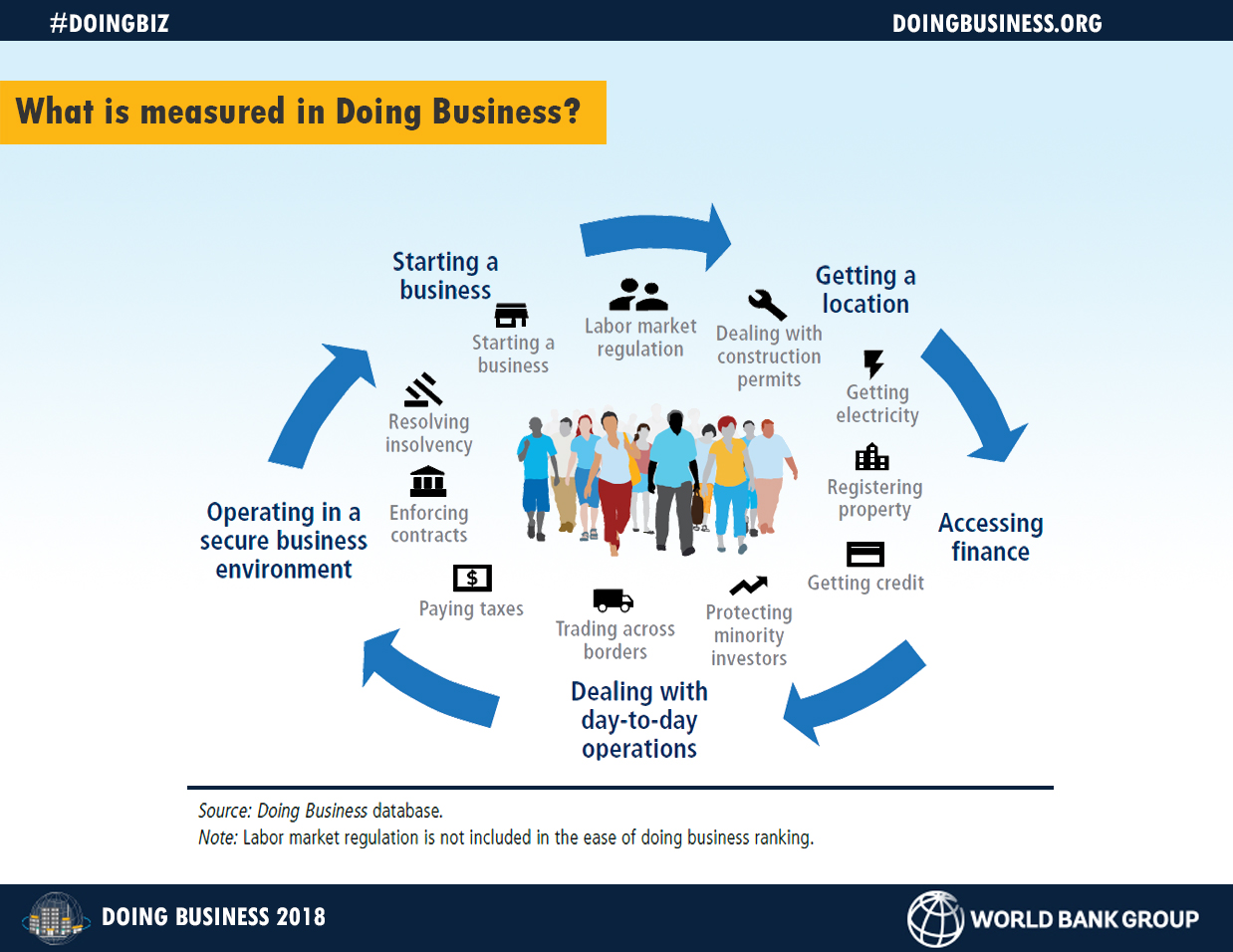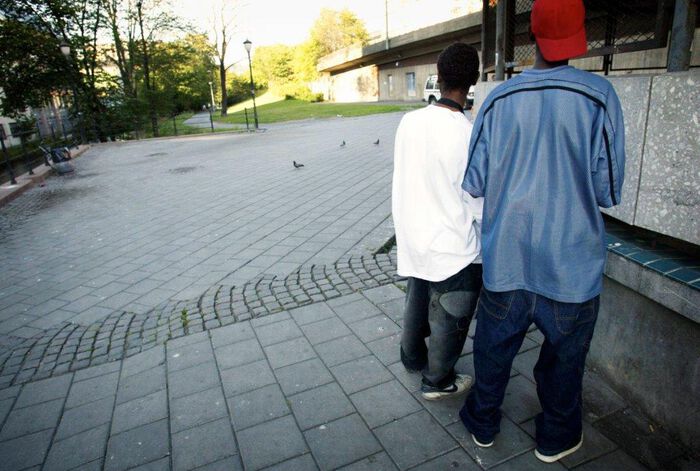One can hardly open a newspaper without finding references to national rankings. Singapore is better than New Zealand, which in turn is better than the USA in respect of how business-friendly the various countries are. It is said that Norway is better than Canada, which in turn is better than Australia in terms of which country is best to live in.
- The media and politicians love rankings, especially when their own countries perform well. However, this raises the question about whether or not there is any basis for these bombastic index-linked rankings. We have found that it is almost impossible to separate the countries from each other, says Kalle Moene, a Professor at the University of Oslo’s Department of Economics.
The research, which he has conducted with Bjørn Høyland and Fredrik Willumsen, has resulted in the World Bank now presenting its international rankings with a slightly lower degree of certainty.
More equal than indicated by the rankings
- Our starting point was how the most widely used and prestigious indexes - the World Bank Doing Business Index, Freedom House’s more political Freedom in the World Index and the UN’s Human Development Index - ranked countries one after another when these countries were exactly the same in practice. These rankings were presented as being the answer, with consequences for politicians’ priorities. According to Professor Moene, the most reprehensible index is the Doing Business report.

- The report rates the business-friendliness of a country. However, it does not show the inherent uncertainties in its rankings, even if we can accept the basic material used.
The World Bank collects information about a variety of indicators, such as how often power cuts occur in a country, the number of offices that future business executives need to have worked in in order to become established, the cost of licences and how easy it is to obtain planning permission or apply for loans. Many individual indicators are thus used in order to determine business-friendliness.
- However, when these individual indicators do not move in step with each other, this indicates that they are doubtful indicators of what is really happening. We can calculate this uncertainty – by using simulations – and show that they do not support exact rankings. It is better to divide the countries into groups than to assert that country number three is clearly better than country number nine.
The World Bank took this criticism seriously and based on the research conducted in Oslo, they undertook an independent evaluation of several aspects of the Doing Business report in 2012. They also asked the research group to forward its methods to the Bank.
The figures are far too exact
- The appeal of such rankings lies in the simple, clear message presented. It is a competition, one country against another. The indexes show immediate successes or disasters in relation to each other. In the same way that football teams are ranked according to their results, countries are ranked according to the quality of the conditions that are offered to their citizens, their trade and industry and their political operators. Everyone can understand such messages and everyone can use them for their own purposes.
- Since the start of 2003 has the rankings published by Doing Business - the World Bank’s most widely read publication - have inspired well over one hundred reforms in different countries,” says Professor Moene, who continues: “Governments set targets for themselves. Their countries must be ranked among the top 25. They must be better than Mauritius or Saudi Arabia, which have been on the borderline of the top 25.
He says that the fans are also included: “the renowned Forbes Magazine insists that Doing Business is a great starting point for investors. The Economist is equally supportive, claiming that Doing Business provides exact figures about conditions about which people only had vague ideas.”
- However, these are all just measurements without any theoretical basis - the figures are far too precise. It is not possible to measure how good a country is to live in, or how easy it is to engage in business there, says Professor Moene.
Demanding measurements
- We have pointed out that the World Bank’s rankings are based on highly dubious observations. This is also evident in the UN's Human Development Index. Because what exactly exemplifies a good life and how should we measure this?
Professor Moene emphasises that the number of people attending school, the amount of national income and the life-expectancy of the population can indicate how good it is to live in a country, but these are not definite indicators of quality of life.”
He continues: - These indicators are probably the least suitable indicators for distinguishing between countries that are almost equally rich.
Norway performed brilliantly in the United Nations Human Development Index in 2008. However, the three researchers have shown that the likelihood of the UN having placed the first four countries in the correct order in the rankings was probably less than three percent.
- Actually, the four best countries were equal.
Political cosmetics

- Problems arise when the World Bank and others present imprecise measurements as being exact measurements, something which results in major political consequences for some countries,” says Professor Moene. He is worried that the rankings are being used in the wrong way.
- The fact that the world is so interested in them could result in the authorities starting to improve political and bureaucratic conditions in order to give them a better place in the rankings, without such actually making conditions better for either businesses or the population.
Moene calls this political cosmetics.
Professor Moene points out that the World Bank’s rankings are used by developing countries in particular in order to market themselves. A few years ago Malaysia conducted a major advertising campaign in order to show the world that the country had risen in the rankings and to attract businesses and investors.
However, if we were to take the uncertainties into account, there would probably be little to distinguish Malaysia from those countries ranked just above and just below it.
- No one should be happy with superficial measurements that fail to include the mechanisms contained in economic and political systems. For example, if we tried to find out how easy it is for female entrepreneurs to become established in Nigeria, for example, we would need to put ourselves in their position and find out what limits their opportunities.
Author: Nina Alnes Haslie





